“Justice begins when we speak, release and acknowledge the truth in solidarity and community. One Billion Rising for Justice is an invitation to break free from confinement, obligation, shame, guilt, grief, pain, humiliation, rage and bondage. It is a call to bring on revolutionary justice.”
By JANESS ANN J. ELLAO
Bulatlat.com
MANILA – Theater actress Monique Wilson launched on Oct. 2 the second leg of the country’s response to the global movement to end violence against women, One Billion Rising for Justice.
“When you do not look at the core issues, one will not quite understand why violence against women is continually perpetuated. So we have to go bolder, go deeper and unafraid to tackle these issues. As to how to actually hold perpetrators to account – even if it is the president, your congressman, your government – should be looked into, Wilson, director of One Billion Rising, said during the press conference.
“Otherwise, we’re just paying lip service to the issue. That’s just saying, okay let’s end violence against women and girls. But how? That’s what we mean by justice,” she added.
Wilson said One Billion Rising was supposed to be a one-year campaign. Last Feb. 14, 2013, thousands of people reportedly joined the Philippines’ One Billion Rising program that was held in Quezon City and key cities in provinces. There were 207 countries who joined the One Billion Rising last February.
Eve Ensler, the brainchild behind the One Billion Rising, founder of V-Day and author of the Vagina Monologue, said the One Billion Rising last February was “the biggest global action in the history of the world.”
“It was an extraordinary thing and we are only just beginning to see the fruits of this blossoming,” Ensler said in a statement.
After the One Billion Rising last February, Wilson said, they saw the need to continue the campaign.
“We still have scenarios here of government officials raping people and women and not really being justifiably held accountable for it. We hear stories from migrants that when things happen to them abroad, the last people to help them are our embassies. Why? We have to question these things. We have to go deeper into the issues because unless we do, it is going to be all rhetoric,” Wilson said.
“It’s just going to be a national dance event, which we don’t want it to be. We also want concrete changes. One Billion Rising is like any movement, although artistic, that wants to apply pressure to society as a whole, to our leaders, and to everyone in positions of power who are continually denying justice to women,” she added.
Wilson said they are envisioning that the same 207 countries would join the second leg of the One Billion Rising, which now carries the theme: “Rise. Release. Dance.”
“Rise, to come together and join. Release, meaning talk about the issues, keep it out in the open, keep it visible. And Dance, because it is our collective energy together,” she said.
“The campaign is a recognition that we cannot end violence against women without looking at the intersection of poverty, racism, war, the plunder of the environment, capitalism, imperialism, and patriarchy. Impunity lives at the heart of these interlocking forces,” the One Billion Rising for Justice statement read.
Forms of violence against women, Wilson said, are often overlooked in media reports because of other national issues. She said women activists have now coined a term “Femicide,” to refer to how women are dying from violence committed against them.
“One in every three women today will be raped or beaten in her lifetime. That’s too high a statistic to ignore. But if you think about it, even one woman in the world being raped or beaten is already an outrage. Why are we going to wait for statistics to be higher?” she said.
Low value given to women by state
Wilson said the first One Billion Rising taught her that the issues covered by their campaign is broad and even overwhelming. “But we have to keep looking at it with gender lens, gender perspective. Sometimes we forget that there is a particular effect on women when something happens,” she said.
Though she was once told that these things are just being fed to her by her activist friends from women’s group Gabriela, Wilson said she visited communities and saw the harsh realities many Filipinos are facing for herself. She said that many forms of violence against women and girls are actually state instigated.
Among the communities she visited are those affected by mining operations, where indigenous peoples are being dislocated from their ancestral land.
Wilson said that apart from dislocating families from their land, which is not just their source of livelihood but also their way of life, the military is being deployed to protect mining companies not the people.
“Everywhere there is the presence of the military, there would be violence against women. You get sexual harassment, manipulation to sleep with them like giving them cellphones. Then the girl would go missing for years. Some of them are minors. They get pregnant. And you would never know because we are dealing with the military,” she said.
“I have a feeling that the government knows it. And the fact that they do nothing about it tells me that it thinks women are disposable. It’s the basic element that they do not give value to our women. If they give value to women, they will not allow these policies or at least hold the perpetrators accountable or if you are judge, you would prioritize the case,” she added.
She said the same, too, goes if another military agreement would be signed between the Philippine and the US government. Wilson said it would affect women. “There will be brothels, prostitution and more sex-trafficked women.”
“It is not so much to US President Barack Obama that I want to give a message but to our president. Why are you selling our country? Why are you selling our national sovereignty? Of course they can go on with their debate that it would provide us protection and investments. They keep using our territorial disputes with China. When we all know that we are going to be used,” she said.
“Have we no belief in our own self that we can manage on our own? Why do we keep depending on other countries. And that dependency keeps us in servitude. If you are dependent, you will have to give everything you have,” she said.
Wilson said the same low value is given to workers, a big percentage of whom are women, who are still clamoring for a P125 wage hike.
“Why are there 15 million Filipinos abroad? Why can’t they stay here?” she said, “Why do we have farm workers who have no right to own land? Why do we have workers who do not have benefits? And these are forms of violence.”
Wilson said that if one puts a gender perspective on the face of poverty in the country, she said it is the women who are almost always the most vulnerable to exploitation. “Either they decide to work abroad to work in a service sector and where they may face exploitation. They can get raped, battered or trafficked. If they remain here, the can be forced into prostitution,” she said.
“Poverty has so many faces. We cannot just say that poverty is nothing but poverty. Women are forced to make choices in their lives to earn money that exposes them to too much more abuse,” she said, “What do we address the abuse or the root?”
Do or die
When asked how far she would go and if she is ready to face possible harassments, say from a mining company, Wilson said, “Yes. It’s do or die. We cannot sit on the fence anymore about these issues. We always say this in V-Day. You cannot just stand at the end of the cliff. You have to jump off it. Come what may.”
She told Bulatlat.com that she has high regards for community leaders who put their lives on the line to serve their fellow Filipinos but are being redbaited.
“We keep claiming that we are a democracy and yet if you are a community leader there is a risk in your life and you can just be taken by the military and just disappear? Why should we not be outraged by that?” she said.
Wilson said she, herself, is being asked if she is now a communist.
“Why do they equate it with that? As if it is a bad thing,” she said, “So if you think I’m a communist because I fight for people’s rights, fine with me. It’s not a bad thing. At least I care. I’m doing something. I’m not asleep. I’m not anemic. I’m not in inertia.”
Preparations
Wilson said they would hold a bigger media gathering in November to announce more details about the One Billion Rising for Justice in 2014. Preparations are under way. A song, she said, is being composed for the 2014 gathering and that as global director for the One Billion Rising, she added that she is urging other countries to write their own song too.
“It really is contextualized for Filipinos, especially in the provinces. If it would be an English song, the people would not be able to connect to it,” she said.
Wilson said they are also urging more artists, visual artists, musicians, bloggers, to come together in what she refers to as a union of art and activism.
“There is no shortage of artistic and creative ideas,” she said.
She said they also plan to hold One Billion Rising for Justice events in places where justice is being denied such as the Supreme Court, the Department of Foreign Affairs, corporate offices of Nestle and Shoemart, mining companies, US embassy, government offices, among others.
“Our stories have been buried, denied, erased, altered and minimized by patriarchal systems that allow impunity to reign,” Wilson said, “Justice begins when we speak, release and acknowledge the truth in solidarity and community. One Billion Rising for Justice is an invitation to break free from confinement, obligation, shame, guilt, grief, pain, humiliation, rage and bondage. It is a call to bring on revolutionary justice.”
[Fonte: bulatlat.com]

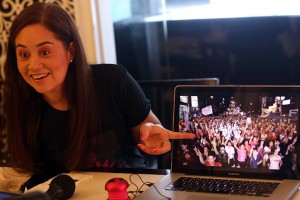
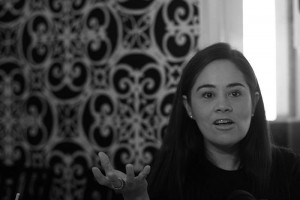

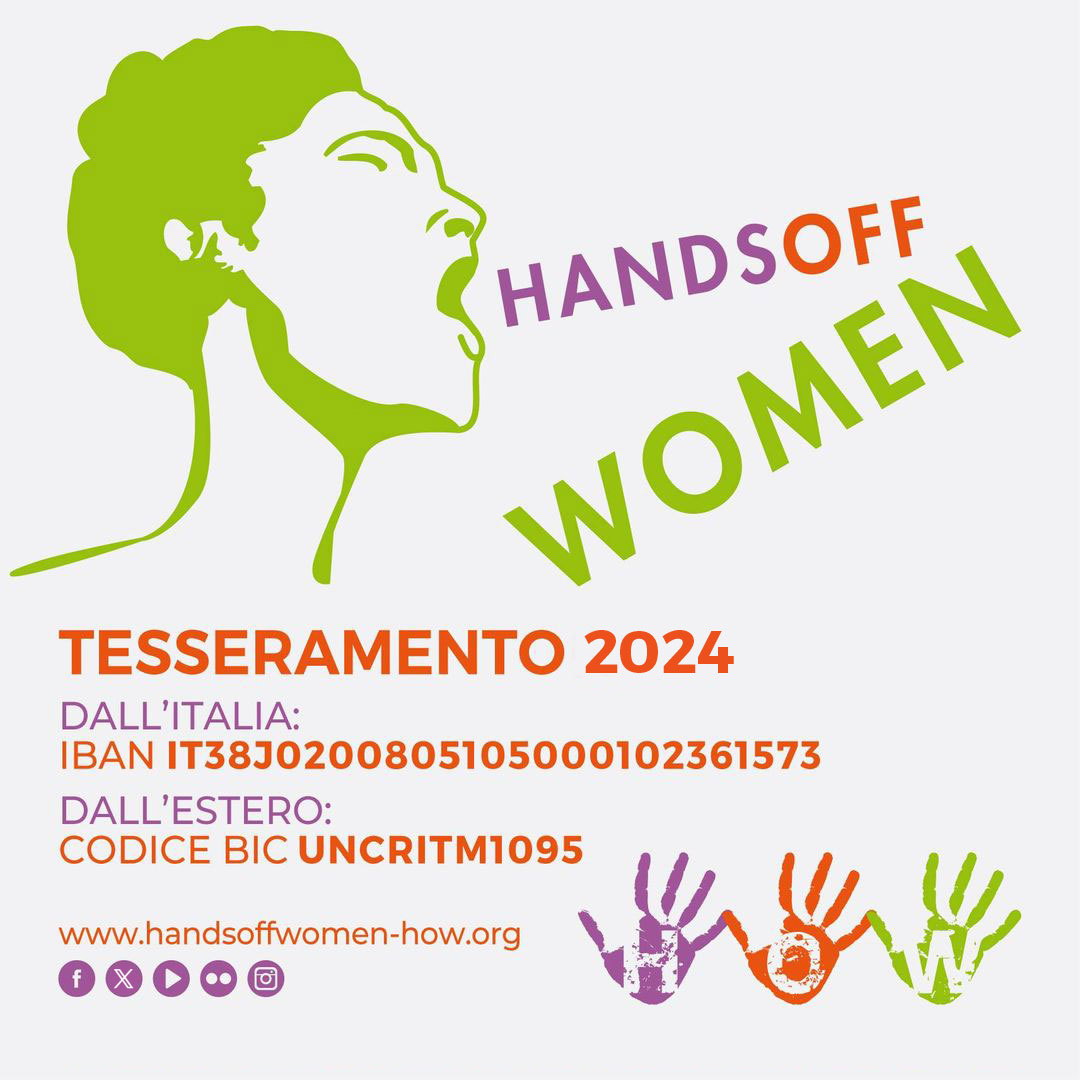

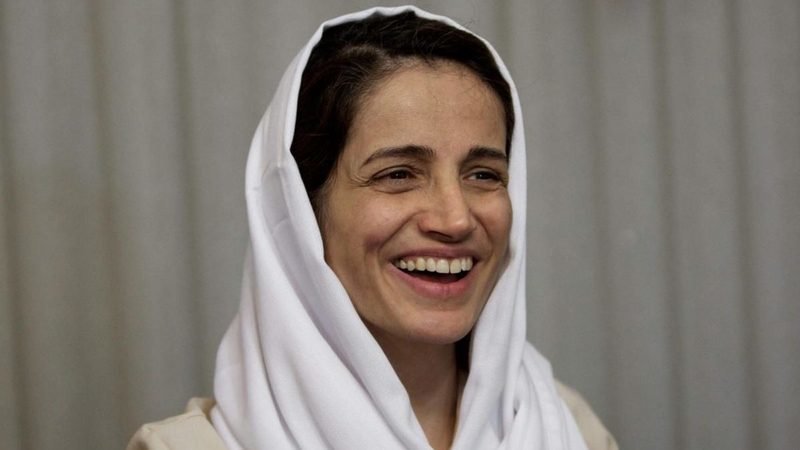 FIRMA LA PETIZIONE
FIRMA LA PETIZIONE


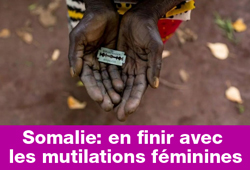
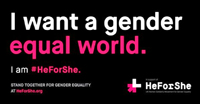

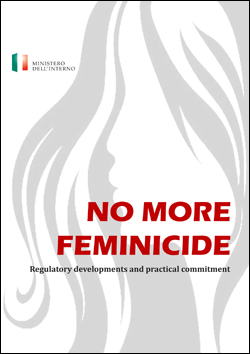
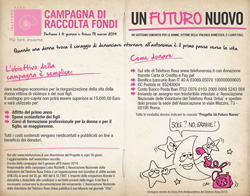
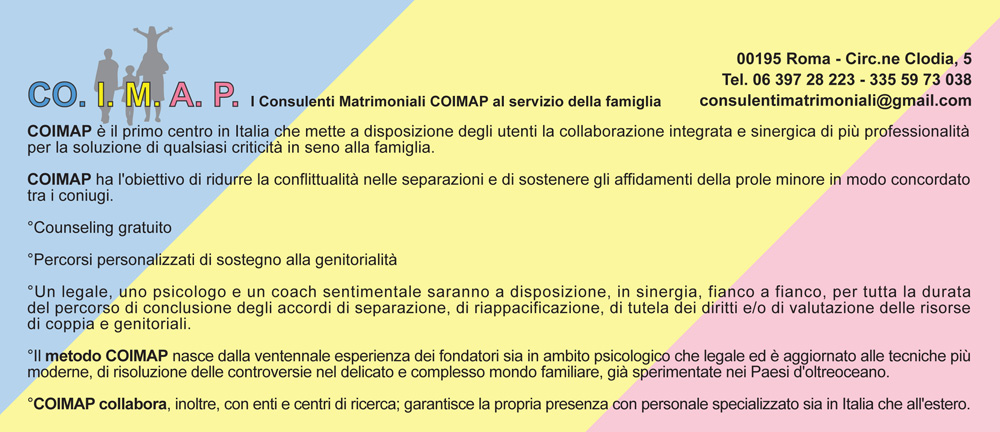
Stay Connected